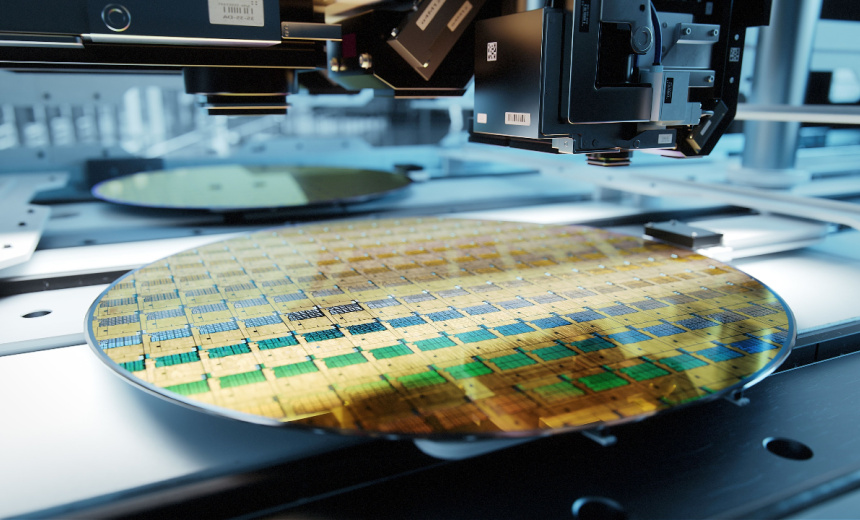Artificial Intelligence & Machine Learning
,
Next-Generation Technologies & Secure Development
New Export Rules Limit AI Chip Access Globally, Sparking Industry Criticism

New U.S. export controls slated for publication Monday aim to block foreign adversaries from accessing American advanced computing chips and blueprints for machine learning models, Biden administration officials said Sunday.
See Also: Live Webinar | AI in the Spotlight: Exploring the Future of AppSec Evolution
The eleventh-hour Department of Commerce regulations – slated to take effect after 12 months – establish a three-tiered export restriction system that imposes the harshest limits on Russia and China while effectively providing restriction-free imports to key allies and partners. Nvidia, a leading U.S. developer of AI chips, and the Semiconductor Industry Association have been critical ahead of the regulations’ publication, with the SIA charging that a change “of this scope and significance should not be rushed out the door during a period of presidential transition and without meaningful input from industry” (see: Last-Minute Biden Rules on AI Chips Hits Industry Resistance).
Commerce Secretary Gina Raimondo during a Sunday afternoon press call said the White House has taken an “extraordinary step” in providing the incoming administration with a 120-day comment window. Industry will have a year to accommodate the regulations, she said.
“The U.S. leads the world in AI now, both AI development and AI chip design,” Raimondo said. “It’s critical we keep it that way.”
The restrictions include exceptions to allow “responsible diffusion of U.S. technology,” permitting chip orders up to 1,700 advanced GPUs without a license. Buyers able to meet strict security standards will be allowed up to 320,000 GPUs over two years. The rules also impose controls on advanced closed-weight AI model weights trained with 10 to the power of 26 computational operations or more, requiring authorization for exports and transfers to most countries. A new foreign direct product rule extends the same controls to weights made abroad using U.S. technology or equipment.
Ned Finkle, vice president of government affairs for Nvidia, earlier slammed the three-tiered policy as “extreme” in a statement calling the restrictions a misguided attempt to control the development of AI innovations worldwide “disguised as an anti-China move.”
“This last-minute Biden administration policy would be a legacy that will be criticized by U.S. industry and the global community,” he said.
Commerce additionally announced it will enforce security measures to protect advanced model storage and prevent chip diversion while allowing firms outside arms-embargoed countries to obtain authorization to build data centers in approved locations without needing additional permissions. The White House officials said the restrictions were built on previous regulations, including chip controls issued in 2022 and 2023.
The countries included in the first tier with no new restrictions are Australia, Belgium, Canada, Denmark, Finland, France, Germany, Ireland, Italy, Japan, the Netherlands, New Zealand, Norway, South Korea, Spain, Sweden, Taiwan and the United Kingdom. The rules do not impose new restrictions on exporting advanced AI chips to these countries and do not limit the export of the most powerful closed-weight frontier AI models, provided they are stored securely.
National Security Advisor Jake Sullivan said the new rule “ensures frontier AI training infrastructure remains in the United States and closely allied countries, while also facilitating the diffusion of American AI globally.
“The rule both provides greater clarity to our international partners and to industry, and counters the serious circumvention and related national security risks posed by countries of concern and malicious actors who may seek to use the advanced American technologies against us,” he said.
